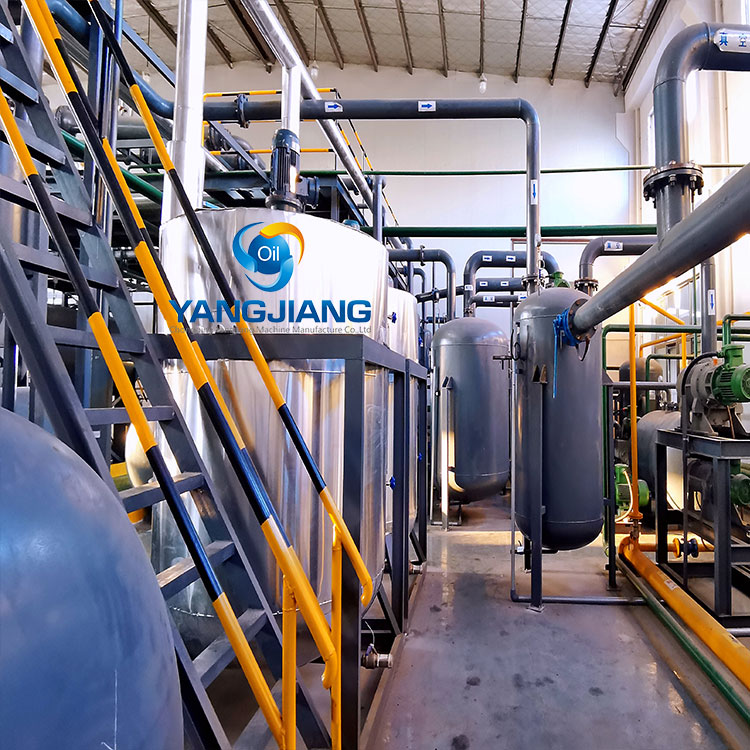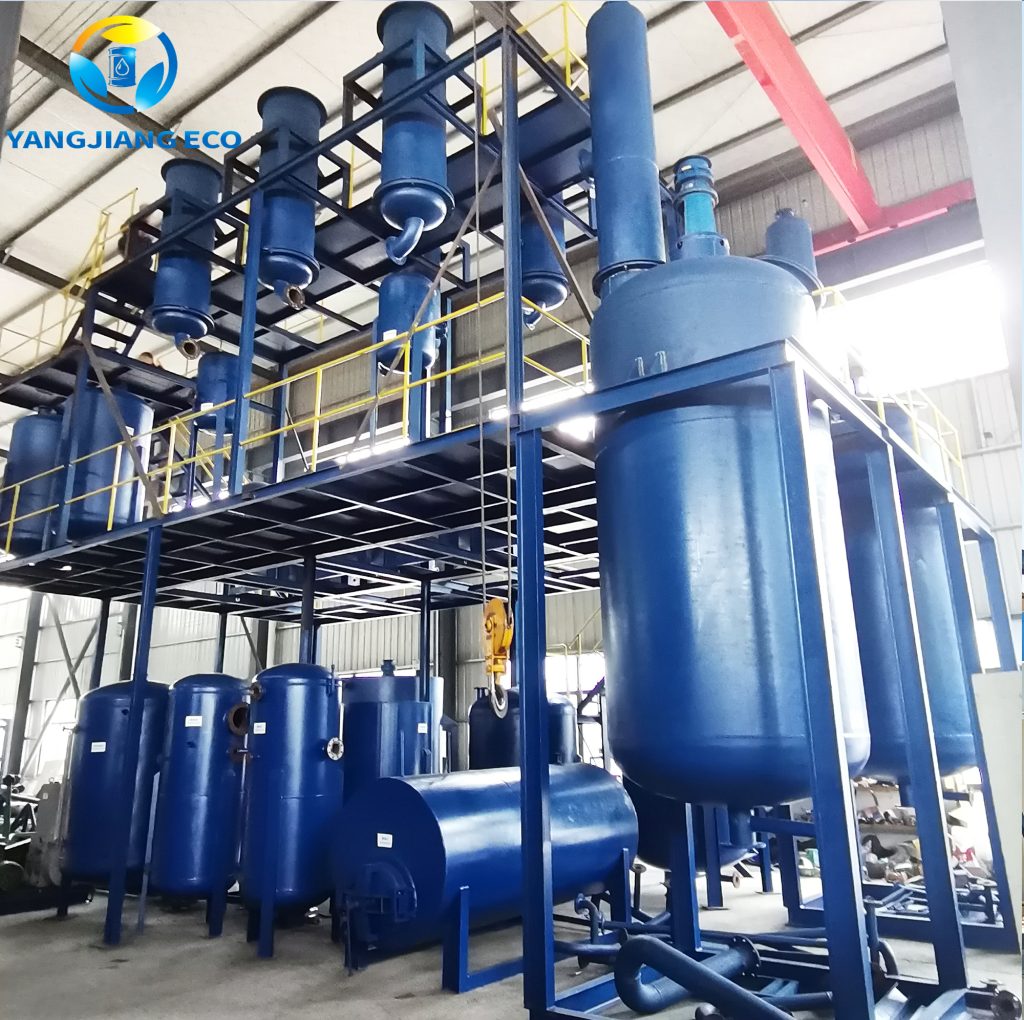Waste oil recycling is an important part of reducing environmental pollution and promoting sustainable resource management. Recycling waste oil not only avoids harmful disposal, but also produces valuable by-products that can be used in a variety of industries. Let’s take a look at the different by-products produced by waste oil recycling plants and their applications.
What Is Waste Oil Recycling?
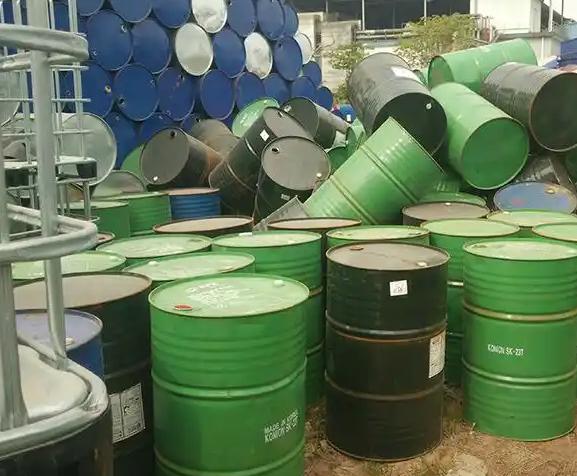
Waste oil recycling refers to the collection and reprocessing of used lubricants, motor oils, hydraulic fluids, and other petrochemical products with the intention of reclaiming useful material as well as curtailing environmental harm. Instead of disposing of used oil—which is well known to poison ground and water—recycling plants refine it employing methods like filtration, dehydration, distillation, and chemical treatment.
The aim is to remove pollutants such as dirt, metals, and additives from the waste oil and reuse it in the forms of re-refined base oil, fuel oil, and industrial feedstocks. The process conserves natural resources by bypassing the usage of virgin crude oil as well as preventing pollution.
Used oil recycling promotes circular economy that reuses waste products rather than allowing them to end up as wastage. The automotive, manufacturing, and energy sectors are recipients of recyclable oil products, making the recycling environmentally and economically sound.
Used oil recycling saves us toxic waste, reduces greenhouse gas emissions, and ensures effective use of resources – a step towards a greener cleaner future.
Types of Byproducts from Waste Oil Recycling Plant
Waste oil recycling disassemble the oil into different components and produce several valuable byproducts. Each has different characteristics and industrial applications, assisting in fostering sustainability and economic feasibility.
Re-refined Base Oil
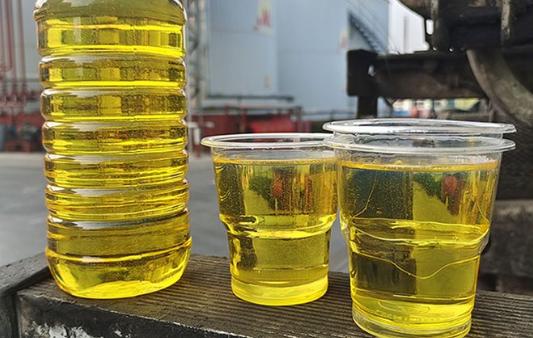
This is the most significant and valuable byproduct of the waste oil recycling process is re-refined base oil. After removing impurities such as water, heavy metals, and sludge, the oil is distilled and hydrogen-treated to produce clean and high-quality base oil. The oil can be used in the production of new motor oils, industrial lubricants, and other equipment fluids. It contains performance levels that are equal to, or even superior to, virgin base oils from crude oil. Re-refining base oil conserves natural resources and reduces environmental impact by extending the life cycle of used oil.
Fuel Oil
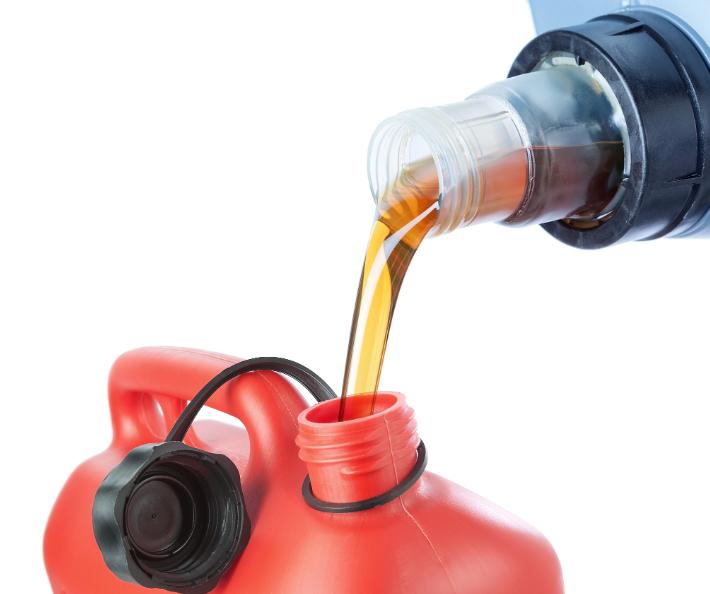
Fuel oil is a heavier distillate fraction from the recycling process. It cannot be used in high-performance engines but is an economic and fine source of energy when used industrially. Some of the frequent applications include furnaces, boilers, and kilns. It is utilized as a replacement for diesel or bunker fuel in industries where it is possible to control emissions. The utilization of fuel oil from recycled wastes reduces the need for traditional fossil fuels and lowers energy expenses.
Carbon Black
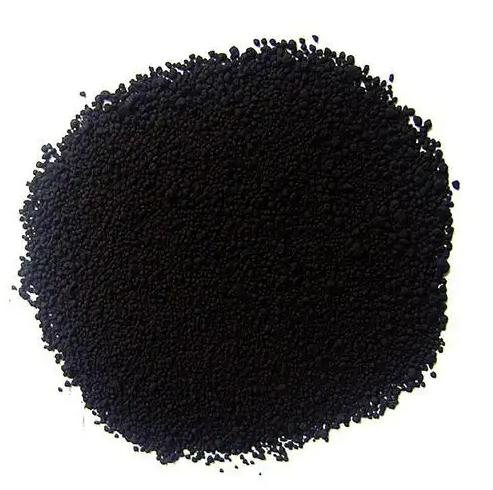
Carbon black is a black powder that remains after waste oil is decomposed by heat during pyrolysis. It finds application in numerous uses as a reinforcing filler for rubber products such as tires, hoses, and seals. It is also utilized as a pigment in inks, paints, and plastics. Recycled carbon black is an eco-friendly alternative to virgin carbon black that provides environmental and financial benefits to producers.
Asphalt Extender (Residue)

The oil processing residue is known as an asphalt extender. The viscous, tar-like substance is in high demand in the construction industry. It imparts flexibility, binding strength, and durability to asphalt used for paving roads, roofing materials, and sealants. Incorporating the byproduct into asphalt uses prolongs waste landfill life and helps develop infrastructure.
Non-condensable Gases
During thermal treatment of waste oil, non-condensable gases such as methane, hydrogen, and other light hydrocarbons are produced. These gases are not condensable to liquid fuel but may be used as an on-site energy source. They are typically burned to supply heat or power to the recycling plant itself, improving energy efficiency and reducing reliance on external fuel sources.
Benefits of Waste Oil Recycling Plant Byproduct Utilization
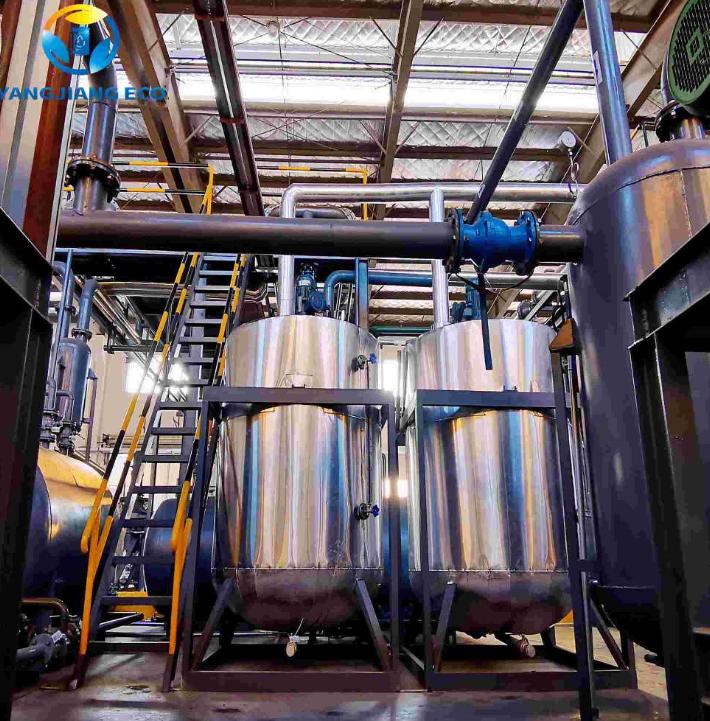
The use of waste oil recycling facilities’ byproducts results in significant environmental, economic, and operating advantages. Instead of handling waste oil as a disposal matter, recycling results in preferable material reclaimed and reused in other sectors.
- Among the most important benefits is the preservation of resources. Re-refined base oil reduces the consumption of virgin crude oil, which preserves natural reservoirs. The application of recovered fuel oil and carbon black also reduces the consumption of freshly produced fossil fuels and petrochemicals.
- From a natural viewpoint, waste minimization and emissions control are essential advantages. Recycling prevents used oil from ending up in soil and waterways, and recycling of non-condensable gases and asphalt residue reduces landfill volume and greenhouse gas emissions.
- At the economic level, waste oil byproduct use lowers cost. Companies can save money by using recycled fuel and materials rather than higher-value raw material inputs. Re-refineries can also generate additional revenue from selling re-refined oil, carbon black, and other byproducts to end users in the automotive, construction, and manufacturing sectors.
In aggregate, successful byproduct utilization improves sustainable industrial operations, helps a circular economy, and allows industries to meet environment compliance goals while improving profitability and energy efficiency.
Industries That Use Waste Oil Recycling Byproducts
Waste oil byproducts that come from recycling plants do not just support the sustainability objectives but also present affordable alternatives to conventional raw substances. The following are the top four important industries that profit from the byproducts of these plants:
1. Automotive and Transportation
The automobile industry is among of the biggest users of refined base oil that is then mixed into motor oil, transmission fluids and lubricants used in vehicles. Recycled oil of high quality meets the strictest standards for performance and can help decrease dependence of crude oil. Carbon black can also be frequently used in tire production which increases strength, endurance and efficiency. The recycled fuel oil can also be used in the marine engine and transportation depots to heat the air.
2. Construction and Infrastructure
Construction industry relies heavily on asphalt extenders (residue) for roads roof materials, roofing materials, as well as industrial sealants. Recycling residue increases its flexibility and waterproofing and bonding characteristics of asphalt, as well as significantly cutting down on the material cost. Utilizing these byproducts reduces the environmental footprint of the purchase of new asphalt binding materials and encourages green building practices.
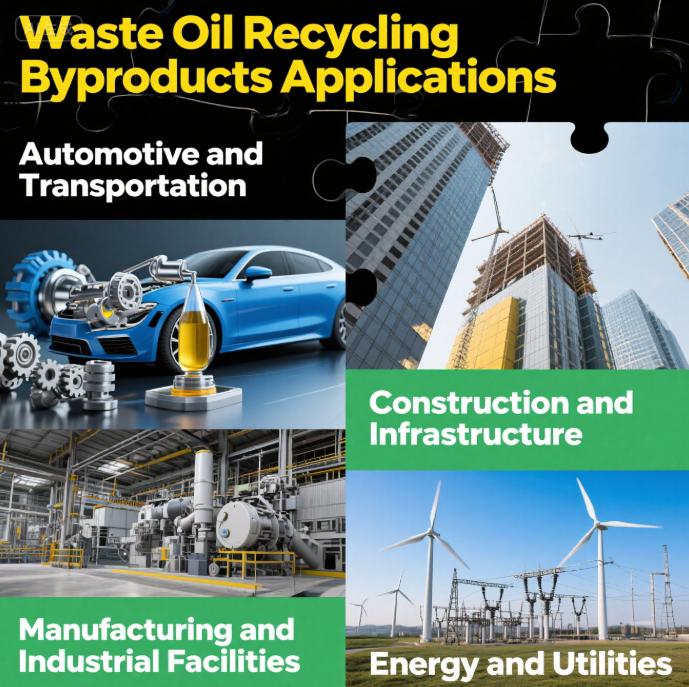
3. Manufacturing and Industrial Facilities
Numerous manufacturing and heavy industries utilize energy from used oil to provide a cost-effective power source for boilers furnaces and ovens. Additionally, carbon black from pyrolysis is utilized in the production of rubber products such as plastic compounds as well as paints and inks. Recycling these inputs helps companies to reduce cost, decrease emissions as well as improve their overall ecological footprint.
4. Energy and Utilities
Energy facilities profit through the utilization of gas and fuel oils that are not condensable, as well as those that are generated by recycling. These waste products are usually utilized on-site for the production of electric power or heat, which helps to meet the energy requirements of recycling facilities or other near-by factories. Internal reuse increases energy efficiency as well as reducing dependence on grid power and imports of fossil fuels.
Summary
Waste oil recycling plants are important facilities for environmentally friendly waste management because they convert waste oil into valuable by-products, such as the re-refined base oil, fuel oil, carbon black, asphalt extender and non-condensable gases we mentioned. These by-products are suitable for various industries and have little damage to the environment. Investing in waste oil recycling is not only a way for us to save resources, but also to promote a circular economy.
Recommended Products

